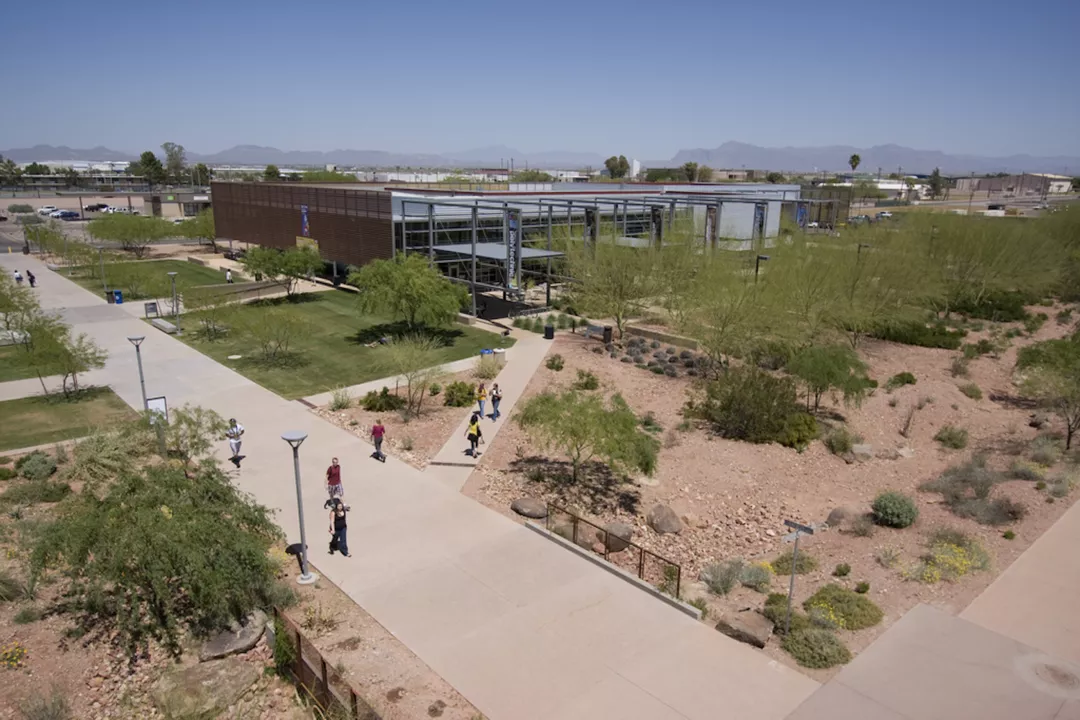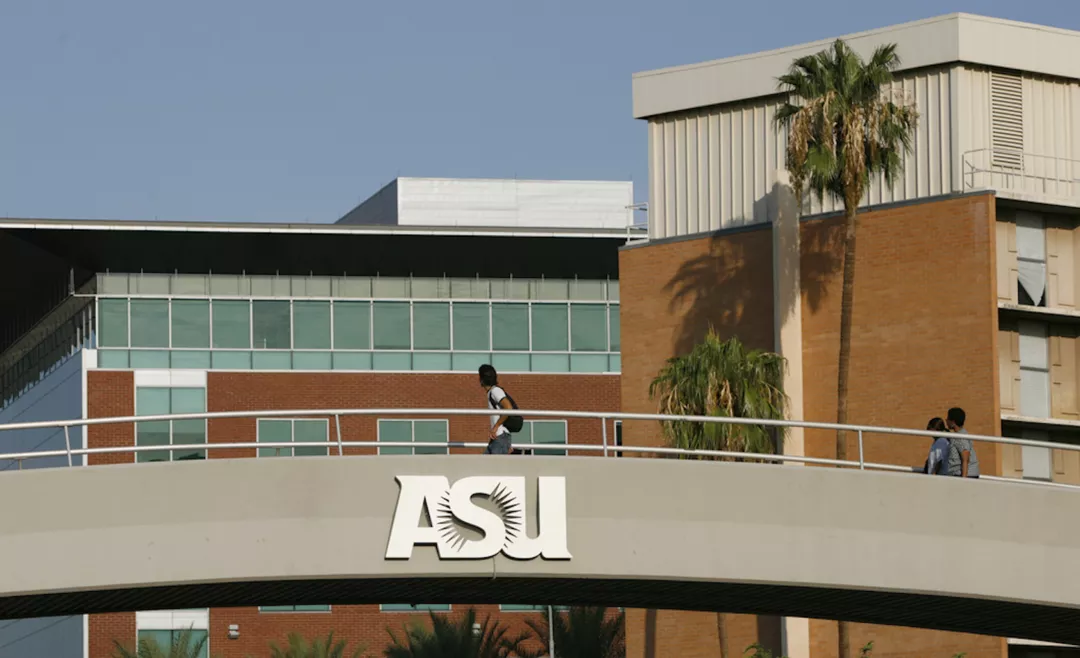-
hello@abroadcube.com
Mail us
-
Call For Help:
98779 83783
-
Whatsapp Us
70090 34921
The MA in social and cultural pedagogy is a two-year program designed for educators with professional experience who seek to develop real-world skills and practical knowledge to help them accomplish specific career goals.
The first of its kind in North America, the program focuses on the study of learning beyond schooling, delving into research, theory and practice for nonformal education across cultures, ages and education levels. This is an interdisciplinary program in social and cultural pedagogy in which students work with communities to address and solve complex societal problems by analyzing social structures and cultural dynamics and by planning, implementing and evaluating social and educational strategies in a variety of areas, with a focus on nonformal and informal education. Each student creates a highly individualized and transdisciplinary path of study, taking classes tailored to meet their specific goals.
A master's degree in social and cultural pedagogy provides educators with the skills they need to create positive change in nontraditional educational settings, including early childhood education, museums, nongovernmental organizations, and adult and community education, among others.
| Level | Masters |
| Discipline | Arts and Humanities |
| Duration | 24 months |
| Intakes | Jan, May, Aug |
| Application Fees | USD 0 |
| Tuition Fees | USD 25200 |
| Campus | Tempe |
| Language proficiency (minimum) | |
| IELTS | 6.5 |
|---|---|
| TOEFL | 80 |
| PTE | 60 |
| Duolingo | 105 |
| Exam proficiency (minimum) | |
| SAT | Not Required / Waiver |
|---|---|
| ACT | Not Required / Waiver |
| GRE | Not Required / Waiver |
| GMAT | Not Required / Waiver |
Minimum GPA - 77%
QS Quacquarelli Symonds is the world’s leading provider of services, analytics, and insight to the global higher education sector, whose mission is to enable motivated people anywhere in the world to fulfil their potential through educational achievement, international mobility, and career development.
THE (Times Higher Education) has been providing trusted performance data on universities for students and their families, academics, university leaders, governments and industry, since 2004. We create university rankings to assess university performance on the global stage and to provide a resource for readers to understand the different missions and successes of higher education institutions.
The Academic Ranking of World Universities (ARWU) was first published in June 2003 by the Center for World-Class Universities (CWCU), Graduate School of Education (formerly the Institute of Higher Education) of Shanghai Jiao Tong University, China, and updated on an annual basis
The "Webometrics Ranking of World Universities" is an initiative of the Cybermetrics Lab, a research group belonging to the Consejo Superior de Investigaciones Científicas (CSIC), the largest public research body in Spain. CSIC is among the first basic research organizations in Europe. The CSIC consisted in 2006 of 126 centers and institutes distributed throughout Spain.





